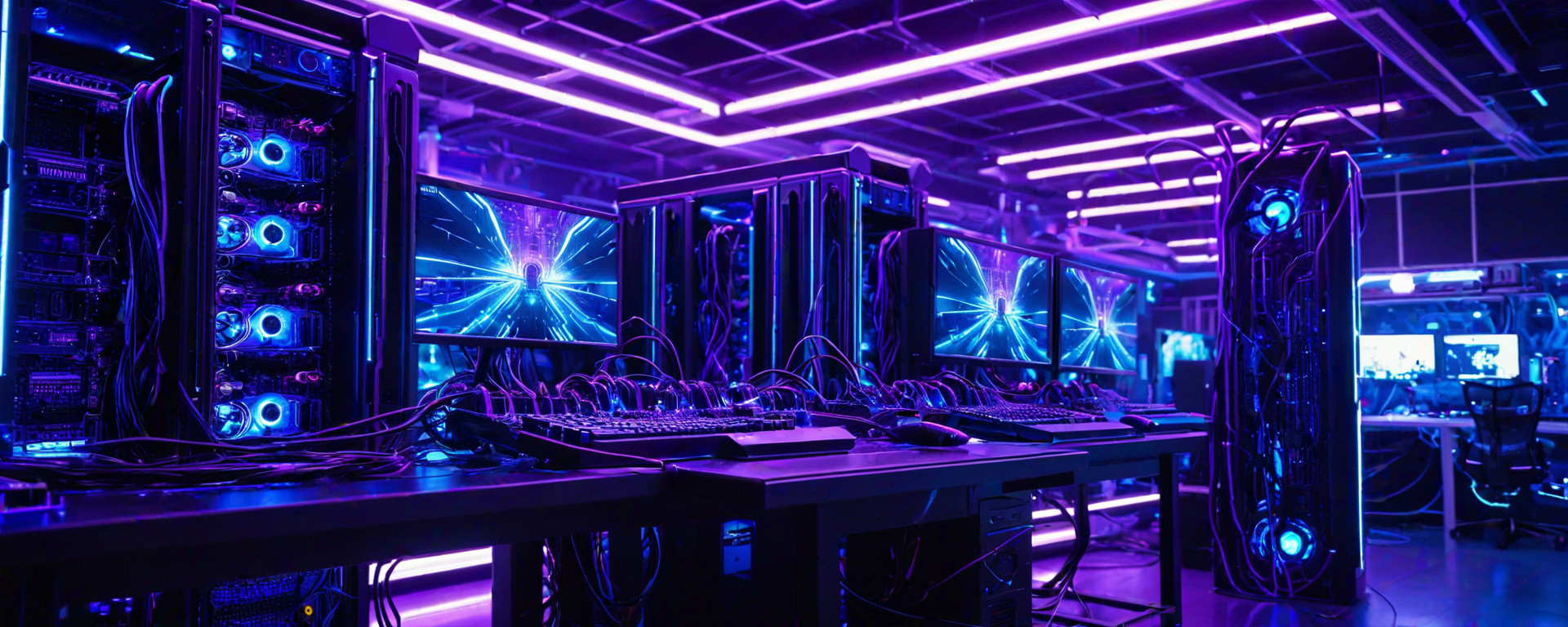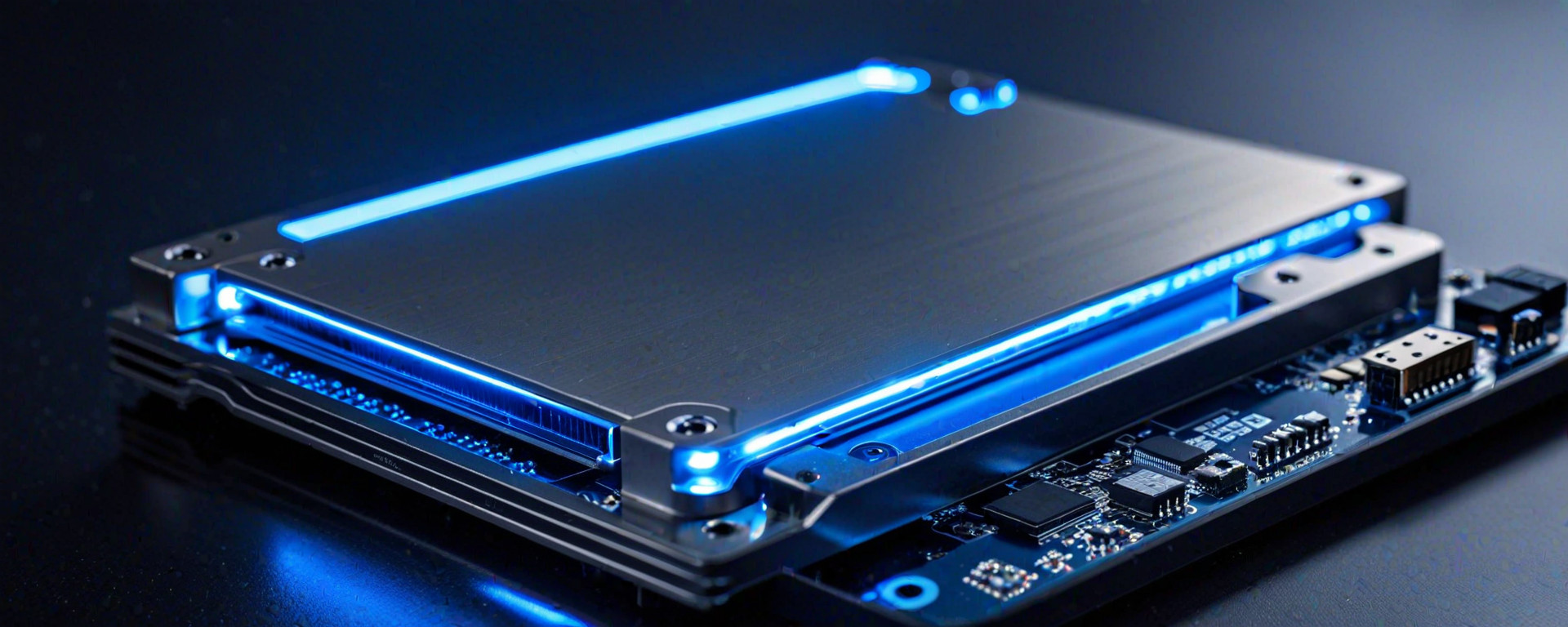Introduction
The choice of a central processing unit (CPU) is crucial for achieving optimal performance in gaming, workstations, and servers. This article aims to guide you through the process of selecting the right CPU based on your specific needs. We will explore key specifications, provide detailed comparisons, offer real-world usage scenarios, address common issues, and conclude with a comprehensive FAQ section.
CPUs are the brain of any computing device, responsible for executing instructions and coordinating tasks efficiently. The type of tasks you perform—whether it's gaming, professional work, or running large-scale applications—affects your CPU choice significantly. This article will help you navigate through the myriad options available to ensure you make an informed decision.
Understanding CPU Specifications
Cores and Threads:
-
Cores: The core is the heart of a CPU, responsible for executing instructions. More cores generally mean better multitasking capabilities and handling complex tasks more efficiently.
-
Threads: Hyperthreading or SMT (Simultaneous Multithreading) technology allows each physical core to act as two logical processors. This enhances performance in multi-threaded applications.
Clock Speed (GHz):
- The clock speed measures how quickly a CPU can execute instructions. A higher GHz rating means faster processing, but it's just one aspect of overall performance. Performance also depends on the architecture and efficiency of the cores.
Cache Size:
L1 to L3 Cache:
-
L1 Cache: The smallest but fastest cache type, located closest to the CPU core. It holds frequently accessed data and instructions for quick retrieval.
-
L2 Cache: Larger than L1 but slower, it stores more information used by a single or multiple cores.
-
L3 Cache: Shared among all cores, this cache type offers faster access to data that is not stored in the smaller caches. A larger L3 cache typically improves performance for multi-threaded applications and gaming.
CPU Architecture:
Intel vs AMD:
-
Intel: Known for its high-performance architectures like Core i7 and Xeon. Intel's CPUs offer robust performance with excellent multi-threading capabilities.
-
AMD: Provides a balance between core count and price, making them popular among gamers and professionals who require heavy multitasking or rendering. AMD's Ryzen series offers competitive pricing and high core counts.
Thermal Design Power (TDP):
The TDP is the maximum amount of heat generated by a CPU under load, which helps in choosing an appropriate cooling solution to ensure stable performance without overheating.
Detailed Comparisons with Alternatives
| Model | Cores/Threads | Clock Speed (GHz) | L3 Cache (MB) | TDP (Watts) | Price ($) |
|---|---|---|---|---|---|
| Intel Core i9-10900K | 10/20 | 3.7 - 5.3 | 20 | 127 | $540 |
| AMD Ryzen 9 5900X | 12/24 | 3.7 - 4.8 | 64 | 105 | $560 |
| Intel Core i7-9700K | 8/8 | 3.6 - 4.9 | 12 | 91 | $370 |
Pros and Cons:
- Intel Core i9-10900K:
-
Pros: High clock speed, robust performance under heavy load.
-
Cons: Higher TDP, requires a powerful cooling solution.
- AMD Ryzen 9 5900X:
-
Pros: Superior multi-threading capabilities, excellent value for money.
-
Cons: Slightly lower clock speed compared to Intel counterparts.
- Intel Core i7-9700K:
-
Pros: Balanced performance with a moderate price point, excellent for gaming and light multitasking.
-
Cons: Lower core count compared to AMD Ryzen 9 series.
Real-World Usage Scenarios
Gaming:
- CPU choice in gaming primarily affects frame rates and loading times. A high clock speed is crucial for smooth gameplay, while a larger L3 cache helps in handling game assets efficiently.
Rendering and Video Editing:
- A higher core count with ample L3 cache significantly speeds up rendering tasks and video editing processes. The AMD Ryzen 9 series is often preferred for these scenarios due to its efficient multi-threading capabilities.
Troubleshooting Common Issues
Overheating:
- Avoid overloading the CPU with too many tasks simultaneously. Ensure your cooling solution can handle the TDP of your chosen CPU to prevent overheating.
Lag and Performance Drops:
- Update BIOS/UEFI firmware regularly to ensure compatibility with the latest drivers and software updates. Overclocking may offer performance benefits but can also cause instability if not done correctly.
Frequently Asked Questions (FAQ)
Q: What is the best CPU for gaming?
- A: For gaming, a high clock speed and robust single-threaded performance are essential. The Intel Core i9-10900K offers excellent frame rates due to its higher clock speed.
Q: How does the TDP affect my CPU choice?
- A: A lower TDP means less heat generated, reducing cooling requirements and potentially improving long-term stability. Choose a CPU with a TDP that your cooling solution can manage effectively.
Conclusion
Selecting the right CPU depends on your specific needs such as gaming performance, multitasking efficiency, or professional workloads like rendering and video editing. Consider factors like clock speed, core count, cache size, and TDP to make an informed decision that aligns with your budget and requirements.








